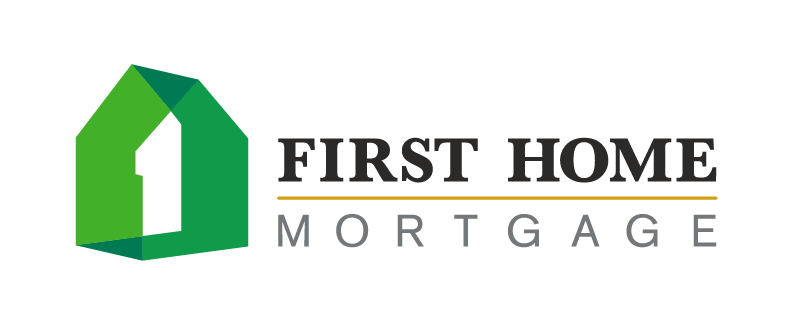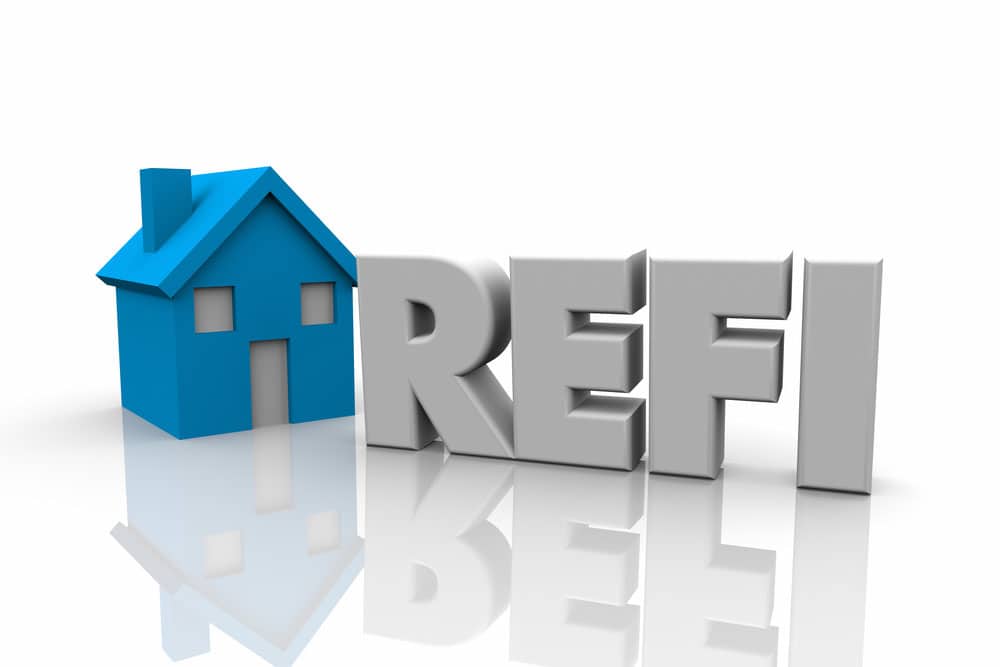A Guide to Refinancing Your Home
Refinancing large loans like your mortgage can be one of the best financial decisions you can make. If you can properly refinance and get approved, a new mortgage can save you interest, lower your monthly payments, extend or shorten your loan term, help to avoid balloon payments, prevent you from paying private mortgage insurance, or change your loan type.
Is Refinancing the Best Option for Me?
If you are planning on staying in your home for at least a few more years and you feel that your finances and credit have at least stayed the same or improved, you may be able to reduce the interest rate on your mortgage with a refinance.
Typically, refinancing will require that you pay closing costs again. Be prepared to do the math and compare these costs against how much your lowered monthly payment and interest rate will save you. If your savings is more than the closing costs, then refinancing is a good option.
Sometimes refinancing can increase your monthly payments, but for a much lower interest rate over a shorter term, or period of time. If you can pay more and save on interest, sometimes these shorter-termed loans are a better option.
Are there any penalties for paying off your current mortgage? Some mortgage companies charge you for prepayment. It may be worth waiting until these prepayment periods are over to refinance.
Usually, to refinance, lenders will want to see that you also have some equity in your home. This means that the value of your home is higher than the amount of your loan. You can get a good idea of the value by visiting a realty website and entering your address.
How do I Qualify to Refinance My Mortgage?
There are three main factors that every mortgage company looks at when determining risk: income, debt, and creditworthiness.
Income
You need to have the income to pay your loan; this is what the lenders take a look at first in most cases. They want to see that you not only have sufficient income to pay your loan, but enough money to pay your other responsibilities as well, so typically, they will use a calculator designed to estimate what your monthly loan, taxes, insurance, and HOA dues are. Ideally, your new monthly payment should not be over 30% of your gross monthly income.
Debt
Debt is another very important part of determining if you are able to refinance your home. Know what you owe by looking up your credit report. Lenders use your debt to calculate a number called the debt-to-income ratio, or DTI.
Your DTI is another way of determining if you can afford to pay your refinanced mortgage payment. Lenders want to see this number below 43%, ideally, but sometimes it can range between 40-50%. To calculate your DTI, divide your gross income by your monthly debt payments, or use this calculator.
Creditworthiness
Your credit will also affect your refinance determination and can be the difference between a good interest rate and a bad one. Typically the minimum acceptable credit score is 600-650 even to be considered, but some lenders will not consider scores under 720. Know your score before you apply for refinancing, so you know what to expect.
What is the Mortgage Refinancing Process?
First, you have to apply. Complete the refinance application this can either be online, in person with your mortgage consultant or over the phone. You will be asked details about your income, your current home, your loan, current credit history, and employment history.
Next, the lender will use this application to verify your employment and run a credit check, along with an appraisal of your home. Your mortgage consultant may contact you to request additional information. Getting that information back as quickly as possible is vital to ensure that your current information stays current and you don’t have to submit documents over and over again. This way, the processing goes as quickly as possible.
Once your appraisal and title are received and you have met any additional requests for information, or conditions, the underwriter will make a determination and will contact your mortgage consultant.
If approved to close, you will be contacted to schedule a closing date. During the closing, you will be signing a new set of mortgage documents and have to pay closing costs.
First Home Mortgage is here to help with any of your refinancing needs. Contact us if you have any questions or if you would like to start the process of refinancing your home mortgage today.
Refinancing your current mortgage loan could result in the total finance charge to be higher over the life of the loan.


